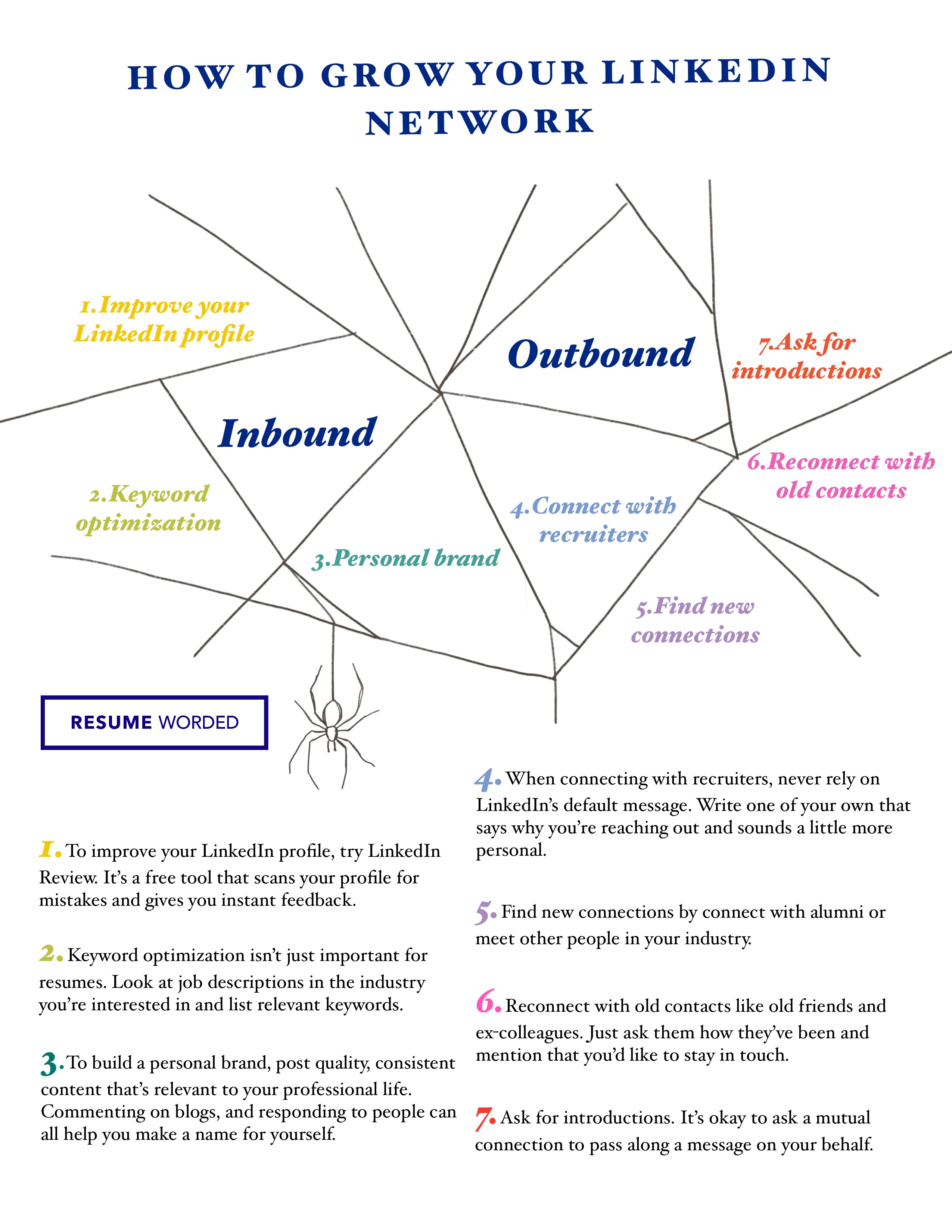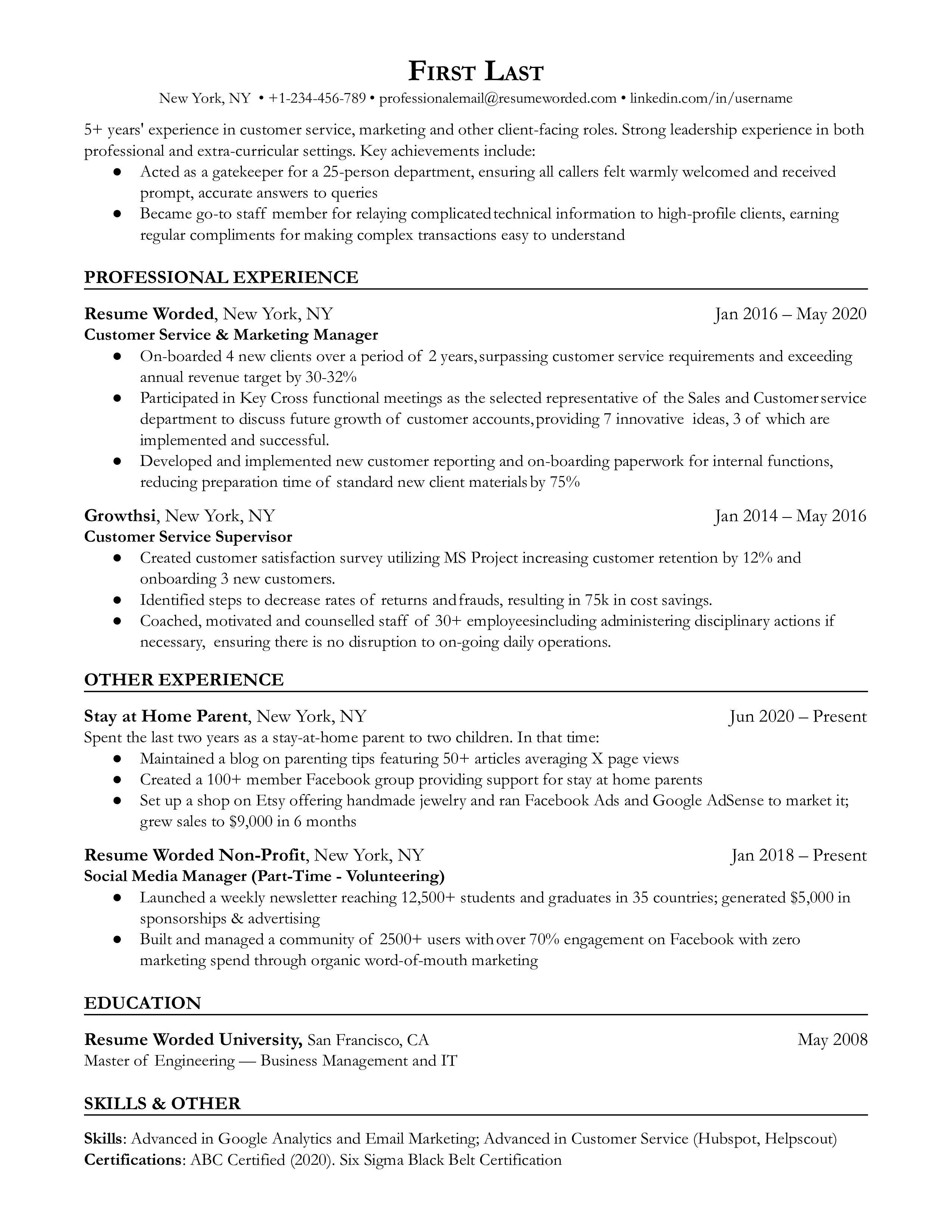Whether you’re currently seeking employment or well-established in your career, networking should be at the front and center of your work-related habits. Networking can be the key to attaining new positions, starting a new career path, or moving up in your current industry, making it a fundamental practice for professionals of all levels.
Read on to find out the ins and outs of networking - and what actionable steps you can take to get started expanding your network today.
The Benefits of Networking
Networking is beneficial at virtually any stage, though the purposes behind it will vary somewhat. You should fine-tune your approach based on what you’d like to accomplish.
For Job Seekers
If you’re looking for a job, few things will help you more than networking. As much as 85 percent of all jobs are gained through networking. Look for people who can connect you with the job you’d like to have - that could mean professional contacts in the industry, employees at a company you’re interested in, or recruiters in the field.
Networking is the best way to find out about job opportunities, as most jobs aren’t publicly posted. By connecting with the right person inside a company or industry, you’ll be able to find out about internally-posted jobs that you’re a perfect fit for.
Networking can be a great way to get recommendations, referrals, or endorsements from those in the field. Make a connection, demonstrate your passion, and see what options may open up to you as a result. This page provides a list of more than 50 networking email templates to help you build your network, look for jobs, and follow up on interviews, and can serve as an ongoing reference throughout the process.
For the Currently Employed
If you’re currently employed, building relationships with your coworkers will not only contribute to a pleasant work environment and your ability to work cohesively together, it will improve your shared knowledge about your group’s particular skills and affinities. This can be particularly important for teams that are working remotely, as doing so removes the opportunity for casual encounters.
Reach out to your coworkers and make casual conversation during opportune times, whether via email, phone, or video chat. Explore your mutual interests and incorporate the kind of work you’d like to do (such as building client lead lists with the goal of becoming more involved with the sales team). Take on related projects or tasks if they come up and you’ll make yourself more visible when positions open up. If you're just starting a new job, read our checklist on the right way to start a new job.
Sometimes it becomes necessary to look outside your current employer to grow in your career. If you’d like to do so, networking is a perfect way to do it. Contact people from other companies with an email asking for a job (template here), and you may find exactly what you’re seeking (or new possibilities in how to attain it).
For Career Changers
For those looking to start a new career, you can use similar techniques to do so. Once you have a company or industry in mind, send a request for an informational interview (template here) to an employee, friend, acquaintance, or old school mate who works in the field. Find out what it’s like working in the industry or position, and see if the person you’re meeting with has any specific tips on how you can break in.
Attending training courses, seminars, and industry events can be a great way to look for networking opportunities in a new career or within your current one. Take time to get to know your fellow attendees, connect with them on LinkedIn or on social media, and ask them to keep you in mind for the role you’re after. As an added benefit, these events can be a great way to hone your expertise and skills.
If you have the opportunity to build your personal brand as an authority in the field you’d like to grow in, take it. As an example, you could invest time into building a website (such as for a nonprofit organization on a volunteer basis) to demonstrate your capacity for web development. Not only will it help the nonprofit organization and lead them to consider you for future work, it will serve as a concrete example of your skills - and your name or your brand’s name will be on their website from then on.
For Everyone
Networking not only improves your exposure to new ideas and opportunities within your career and outside of it, it has lasting benefits that aren’t always predictable. When you expand and foster your network over a long period of time, people that you’ve been connecting with will occasionally provide you with invaluable insights on how you can advance to your goals. The benefits won’t be immediately obvious, but that shouldn’t dissuade you from making networking a constant high priority.
Beyond finding new positions, networking can provide you with a host of experts in a variety of particular roles and industries. When you are in need of assistance or a specific skill set, you can utilize your network to find the perfect person for the job.
Lastly, engaging in a regular networking-nurturing habit will help build your personal confidence. Expanding your network involves putting yourself out there, and you may find yourself invited to be a public speaker or to serve as an expert as a result. Doing so will definitely be a brand-builder.
How to Improve Your Network
Even if you live or work entirely remotely, you can still expand your network in a way that favorably impacts your career.
Your current social network of family and friends is a great place to start. Warm up your connections, meet friends-of-friends, and find out about people doing work in the industry or company you’d like to work in. Being introduced by a mutual acquaintance can be a great way to get your foot in the door.
If you attended college in a field that you’d like to expand in, you can tap into that network of professors of fellow graduates - or current students - to see what possibilities may be out there. It's fine to email old contacts even if it's been a while since you last talked to them, too — read that article for templates and guidance.
LinkedIn is your best ally in expanding your network online. Using it, you can search for people working in specific industries or at individual companies, or for people who perform certain roles. Once you've optimized your LinkedIn profile, you can then send connection requests (template here) and go from there. Check this page for more templates to use with LinkedIn messages, or find out more about how to use LinkedIn to find a job.

There are many other steps you can take to grow your network effectively. For a deeper dive, read our guide on actionable networking tips.
Related: Networking for Introverts: 10 Actionable Tips to Grow Your Network
Common Networking Mistakes
While networking can occur somewhat naturally, there are some things to keep in mind in terms of what you should avoid doing.
First and foremost, don’t forget the follow-up. After you meet a new contact and exchange emails, send an email within two days to affirm the connection (see follow-up templates). Alternatively, if you meet someone you’d like to network with, find them on LinkedIn and reach out.
Secondly, don’t neglect to pitch your “product”. If you are looking for work in a specific field or role, you’ll be best served by making sure people in your network are aware of it. Do your part to casually educate your network during lunch meetings, coffee breaks, or through your LinkedIn profile.
One way to let your network know you’re looking for work in a specific field or role is by updating your LinkedIn headline to include keywords relevant to the role. Use the tool below to get a list of keywords relevant to the field you’re interested in.
Don’t forget to give back to your network. When you are in need of an employee or contractor for work, your network should be the first place you consider looking. If someone you know directly isn’t the most qualified, they may know someone who is - and be able to give you a thorough recommendation that serves to keep your network functioning and intact. Be open to giving recommendations or serving as a reference yourself, and your network will most likely reciprocate in some way in the future.
Similarly, once you have an established network (social, professional, or both), don’t let it rot away. Think of your network like a plant. It needs to be watered and fed, which could mean connecting with your old contacts occasionally and catching up with them, or it may mean regularly searching for new additions to add new energy to the mix (by adding one new connection to LinkedIn a week, for example). You can keep your network healthy by tending to both old and new growth.









